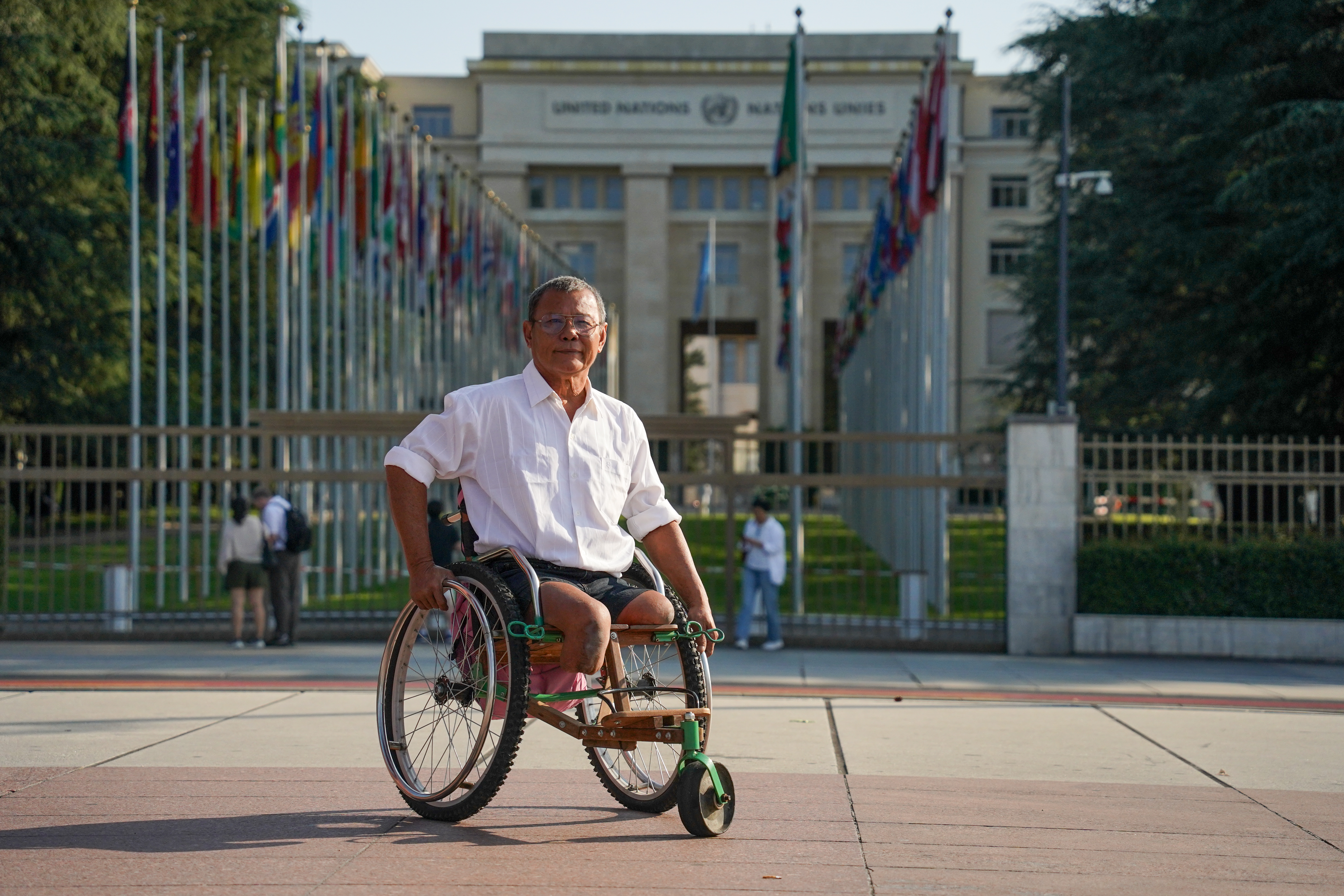
Alberto Nessi: In search of mystery in Ticino
Alberto Nessi is one of the writers and poets who best represents Italian-speaking Switzerland. In his works, he speaks of the lives and feelings of ordinary people, dwelling with great sensitivity on the many facets of daily life.
Nessi, 61, graduated in Italian literature from the University of Fribourg and become a secondary-school teacher in Ticino.
“As a boy, I used to make drawings of the suburbs: factories on the city outskirts, smoke from chimneys drifting into the air. I liked to go in search of the ephemeral – things which existed in a state of suspension and metamorphosis.
In those years, the suburbs were a place of discovery. A mechanical digger might turn out to have a voice and weep tears, as in Pasolini’s famous poem. And everyone had a story to tell: a factory hand coming home from work; people playing boules in the shade of the plane trees; a woman brushing against the street lamps.
Those “terrains vagues” were the refuge of the “unknown and intense”, like the girl from the shooting gallery who came with the gypsies in their caravans. And, when we bunked off school, we always ended up in the Maggia delta, beyond the last houses of Locarno.
I believe that my liking for poetry was born in the suburbs. The city centre is a place of officialdom, power, teachers. I was looking for things off the beaten track, things which could be so many other things, things which concealed a mystery.
But nowadays mystery is no longer to be found there. In Ticino, the gypsies on the city outskirts have stones thrown at them, and the towns are all the same.
The young people in the valley where I live write “Viva il rally” [Up with the rally] on the tarmac and love the slogan “Non sognare! Va’ in moto!” [Stop dreaming; get a motorbike!]. Or rather, someone has made them love that slogan, and they – defenceless as they are – have allowed themselves to be misused.
A few years ago, I was wandering around the outskirts of Chiasso in quest of mystery, when a frontier guard stopped me: how do you explain the presence of a man on foot in a frontier area?
Nowadays, where I come from, the suburbs are a place of hostility – the hostility the illegal immigrant encounters when he eludes the net of frontier guards.
The “unknown” which I looked for in my adolescence has moved elsewhere. It is to be found in the eyes of the immigrants who have looked on deserts and far-away seas; in the little boy from Sierra Leone who lives not far from me; in the life of the Iranian woman who has had to leave her country; in the story of Karuna – a refugee from Sri Lanka – who works in a factory in Mendrisiotto; in the features of Alma, a Bosnian girl who fled the war and now goes to school with my daughter.
They are the new suburbs. They are the ones with stories to tell. But in them the poetry of mystery has been replaced by the drama of uprootedness.
Alberto Nessi

In compliance with the JTI standards
More: SWI swissinfo.ch certified by the Journalism Trust Initiative


































You can find an overview of ongoing debates with our journalists here . Please join us!
If you want to start a conversation about a topic raised in this article or want to report factual errors, email us at english@swissinfo.ch.